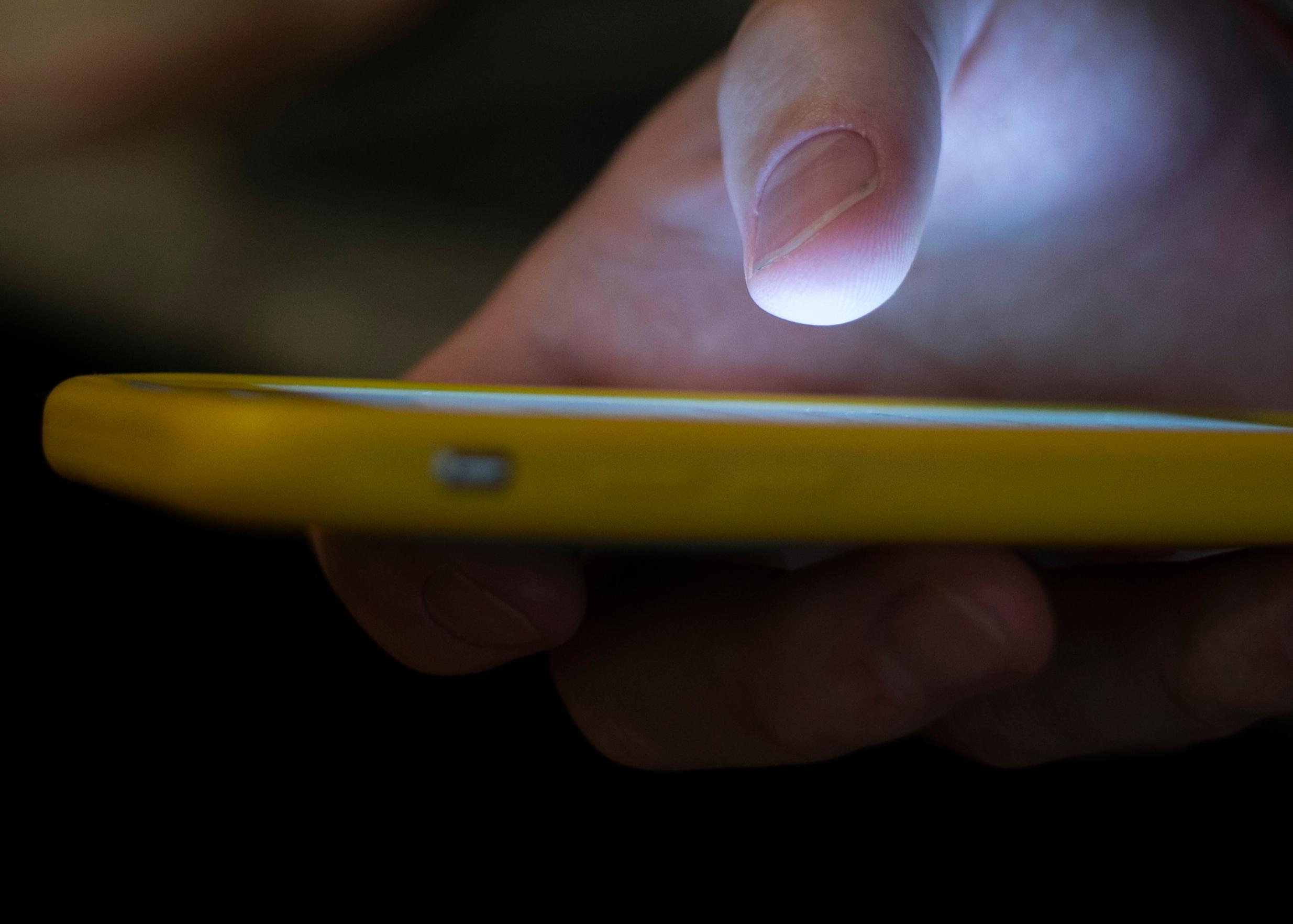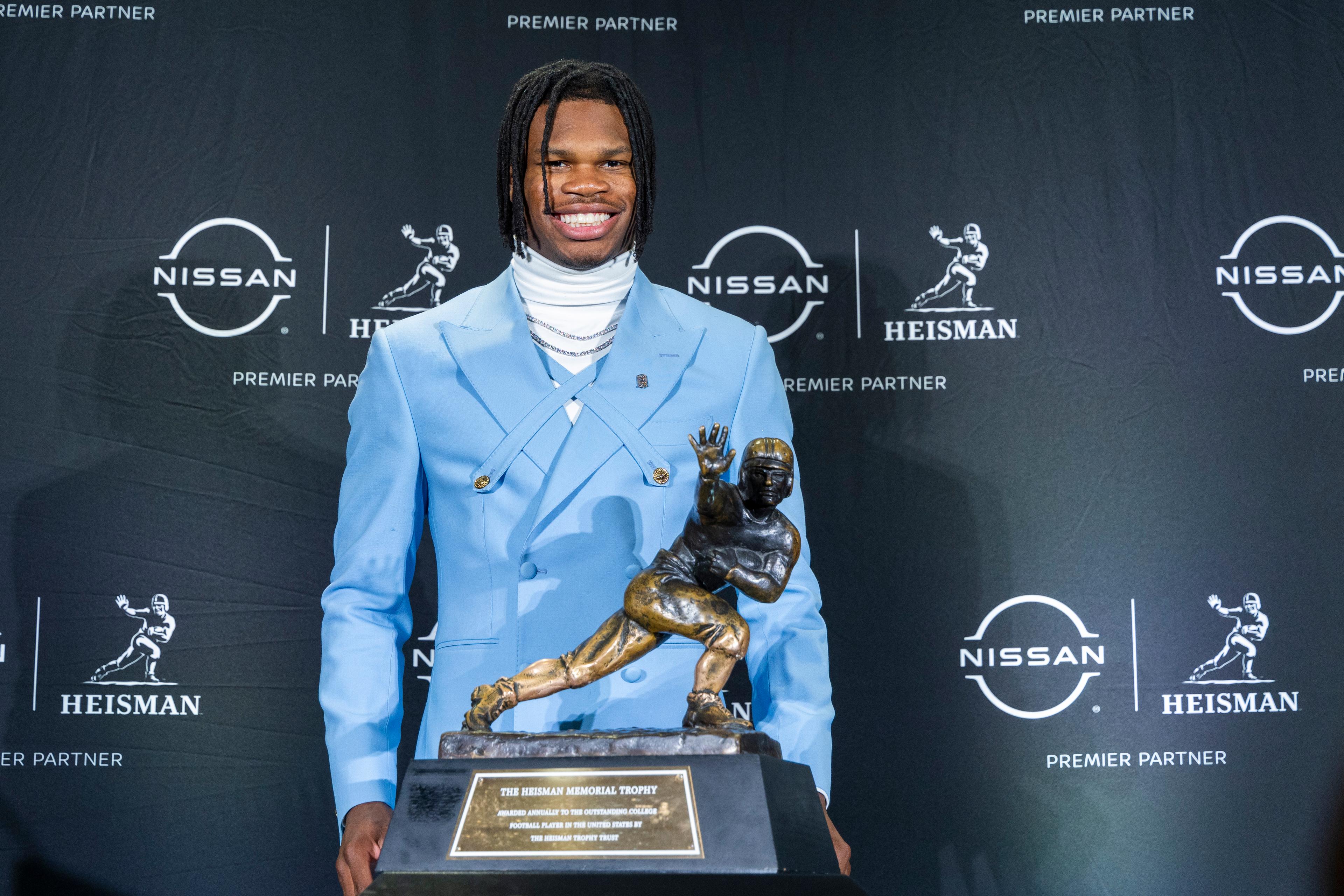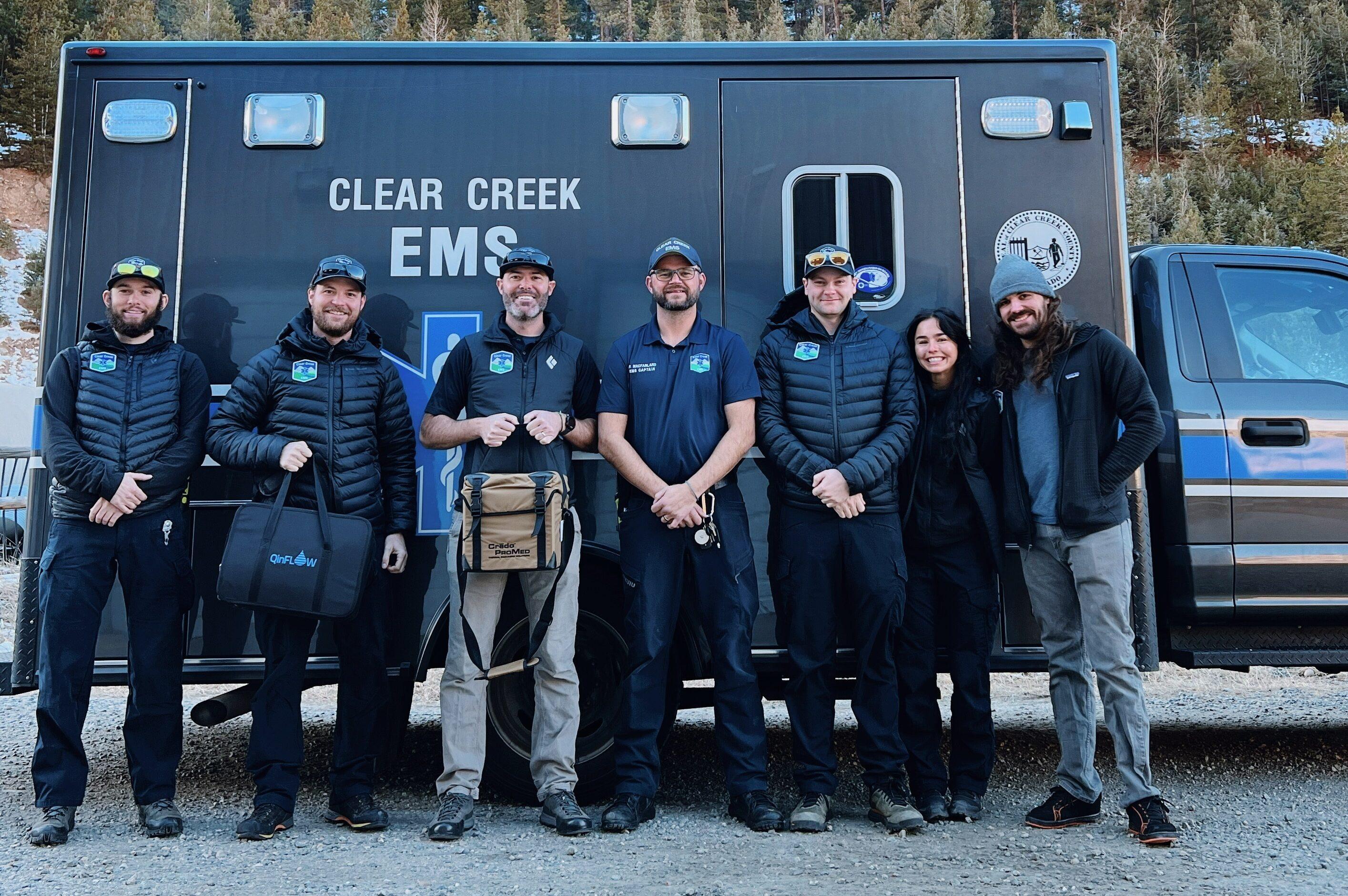
A group of University of Colorado Boulder students who are frustrated they were denied tickets to the Republican presidential debate on campus this Wednesday aren't going to sulk in their dorm rooms.
Instead, the students are doing what other Boulderites often do: getting organized and making their voices heard.
The group Student Voices Count has planned a broadcast from campus, featuring fellow students, moderators, and professors, to discuss issues important to the students. Also scheduled for Wednesday, a march that organizers hope will draw 10,000 people, highlighting issues like climate change, health care and gender equality.
Many are wondering why more students aren't being let into the actual debate itself -- only about 1,000 seats in the 11,000-seat Coors Events Center will be filled. Fewer than 100 of those are expected to go to students.
The relatively small in-person audience is by design, said Ryan Lynch, executive director of the Colorado Republican Committee. CNBC, the network airing the debate, called the shots when it came to audience size.
"The way it was explained to us by CNBC is the event is meant for a TV audience, not so much for a live audience," Lynch said.
The network didn’t respond to interview requests.
The Colorado Republican Committee gets 200 of the roughly 1,000 available tickets. The committee is giving them to Republican donors and prospective donors, in addition to Republican officials from around Colorado.
"I’d say it’s a fairly even split between the donors and the elected officials on the Republican side here," Lynch said.
While CNBC set the total number of tickets, the Republican National Committee decided which groups were to hand them out. The RNC kept 200, gave the presidential candidates 10 tickets each, and gave CNBC some, according to Lynch. As for the debate host, the University of Colorado originally got 50 seats, but has twice asked for more tickets, and on Friday announced it's up to 150.
Students Press For More Involvement
The university plans to give at least 75 tickets to students, but some students say that's not nearly enough.
"The undergraduate student body is over 30,000 people strong. Of course and then you add the staff, the faculty, the graduate school," Aaron Estevez-Miller, a senior from Loveland. He added that many people who want to engage with the event won't be able to.
So Estevez-Miller co-founded Student Voices Count to push the university to request more tickets. He wants to see the university community get the same number of seats that people not associated with the university -- about 900.
University spokesman Ryan Huff said that's very unlikely to happen, but, "You don’t have to be inside the debate hall to really feel a part of this." Huff said the school set up a watch party for about 1,000 students, though Estevez-Miller isn't satisfied with that.
"At that point, you know they could be half a mile away at the Coors Center or hundreds of miles away in D.C. and it would make no difference," he said.
Estevez-Miller said Democratic candidate Martin O'Malley may participate in his group's planned events. The group, which is nonpartisan, also invited the chairs of the local Democratic and Republican parties to join them.
The university is also finding creative ways for students to get involved with the debate, Huff said. For instance, students will stand in for candidates as CNBC sets up their cameras and lights.
"They'll be standing at the same podium the presidential candidates will be at," he said.
Still, some students just want more representation inside the hall, like freshman Dylan Robinson-Ruet, who takes the lack of tickets personally. This is the first election the 18-year-old from Arvada will vote in, and he thinks the Republican party is missing an opportunity.
"I think they’re losing out big time. I’m pretty central on the whole political spectrum, so this would definitely influence who I vote for," he said.
That’s not lost on state Republican party, which is giving eight of its tickets to local high school and college students, according to Colorado Republican Committee Executive Director Ryan Lynch.
"We are trying to bring in as many students as we can. But we’re certainly limited by the number of seats available in the venue," he said, adding that's one reason the Colorado Republican Committee has also requested more tickets to the debate.









